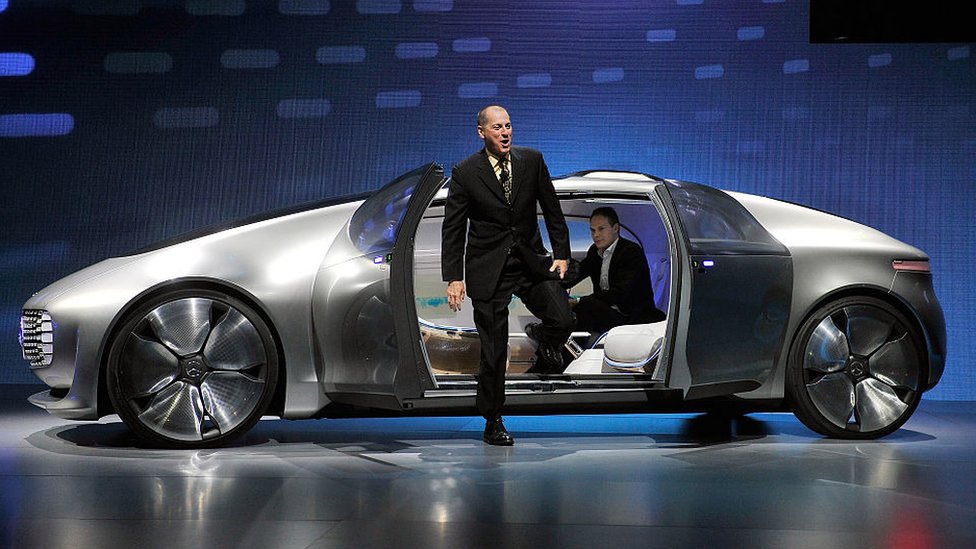
Under normal circumstances this would have been one of the busiest weeks in the tech calendar.
Thousands of new products would have been unveiled; chief executives and celebrities would have vied for attention; and robots would have probably malfunctioned on stage.
But the coronavirus pandemic meant the giant CES tech expo could not be held in Las Vegas, and it has instead slipped later than normal to an online-only event, beginning on Monday.
There will still be lots of new gadgets. New kinds of TVs, vacuum cleaners which throw away their own waste, and computer monitors specifically designed for Microsoft Teams work chats, are among products to have been teased in advance.
But the shift to a virtual event means much of the buzz will inevitably be lost.
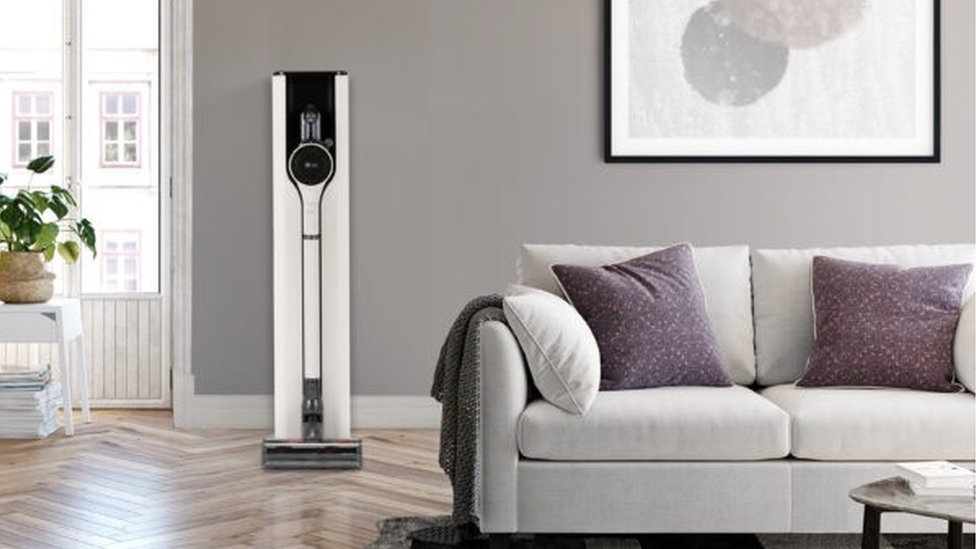
"Seeing products in real life and networking are without a doubt the two biggest reasons to attend CES and it will be very hard to replicate these two digitally," Carolina Milanesi, an industry analyst, told the BBC.
"One of the aspects of the show floor I always appreciated was walking around to find hidden gems, companies I never heard of that had great products. This is impossible to do scrolling down a catalogue list."
One consequence is that there will be a bigger focus on the stage presentations and panels.
In 2020, a session with Ivanka Trump drew the most headlines - not least because event organiser Gary Shapiro had once penned a blog warning the Republicans of President Trump's "racism and inanity".
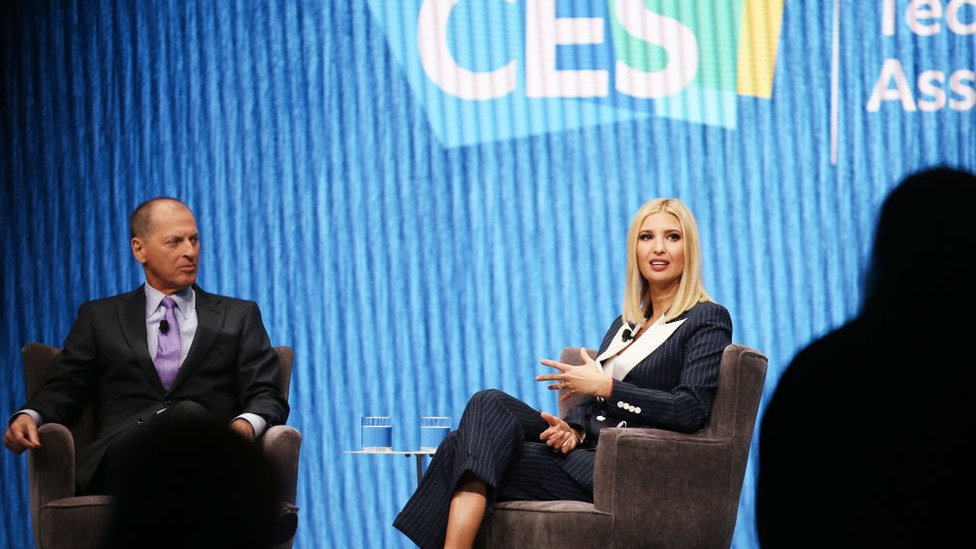
This time around, the incoming Biden administration will be chewed over at length.
In addition, Microsoft's president Brad Smith is giving his company's first keynote address at CES in nearly a decade, and General Motors' chief Mary Barra is set to reveal more about its driverless car plans.
Two years ago, in a BBC interview, Mr Shapiro floated the idea of a disease one day making it impossible for attendees to meet in person.
He described it as being a "dystopian" idea.
He explained how - with the pandemic - CES has been forced to change, and he examined what the long-term consequences for the consumer gadget show might be.
The interview below has been edited for brevity and clarity. It took place shortly before rioters stormed Congress.

We've clearly had to adapt, but it's given us an opportunity to reimagine CES. It's allowed us to shift the date a week later into the year to allow a little more planning and flexibility. We haven't been able to do that in Las Vegas for several years. And it's allowed us to extend the life of the show as we're keeping everything online for 30 days, so people can discover exhibits, listen to conferences and watch them at their own pace. We have 1,800 exhibits or so right now to visit, and we're reviewing as much of the content as we can before it's put up there.
What we can't recreate is the beauty and magic of Las Vegas and the five-senses experience. It's sad. But this is an opportunity. We're all flexible. We're humans. We'll get through it. And we'll be better off for it.
What do you think will be the standout products and themes?
There's a tremendous amount on 5G connectivity. Digital health is also very big.
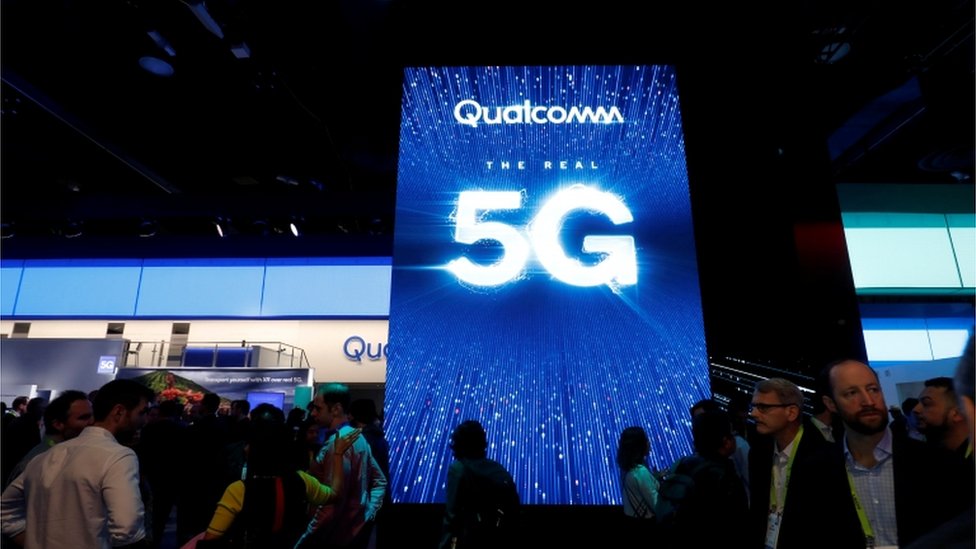
Artificial intelligence is increasingly important as we try to figure out cures to Covid. But it's also important in solving many other problems of the world to make it safer, healthier and more efficient.
And the concept of smart cities may be changing as people discover they can work from home and live where they want - and maybe the best idea is not tall buildings with windows that don't open.
Microsoft's back doing a keynote for the first time since 2012. How has that come about?
We've had a great relationship with Microsoft for years and Bill Gates did a keynote almost every year when he was a CEO.
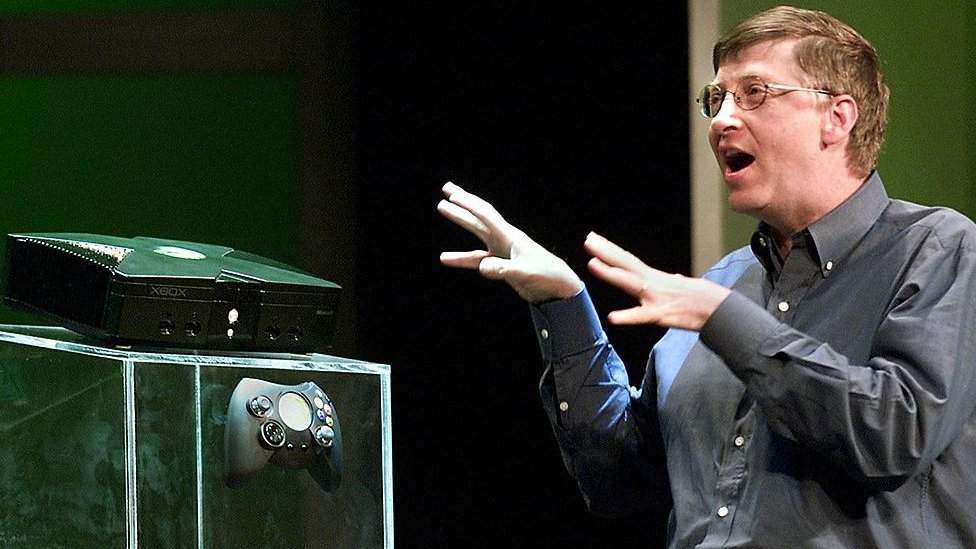
Brad Smith is speaking, which is great. I know him well. He has a vision of getting broadband out there to more people - and that's important, as we've seen with the pandemic.
We might even have someone else from Microsoft. Stay tuned.
The event is happening against the backdrop of rising tensions between the US and China. In the last week, we saw President Trump ban Alipay and other Chinese apps, and there's still a shadow looming over TikTok. Looking at your exhibitors this year, a lot of big Chinese names who have been part of CES in the recent past are missing: the drone-maker DJI, the smartphone-makers Huawei and ZTE, car start-up Byton, and tech giants Tencent and Alibaba. What's the consequences of them breaking with CES and a wider schism?
Well, I don't know there's a schism. But the West-and-China relationship is clearly deteriorating. China's definitely getting more aggressive politically and militarily. There's concerns, obviously, that the Trump administration has taken a very aggressive approach on China. But on the other hand, we still make a lot of products there, though a lot of our companies have shifted elsewhere in the world, including Vietnam.
Looking forward to the Biden administration, we're focused on a more predictable, more friendly-to-our-allies relationship. That's something that's important to us.
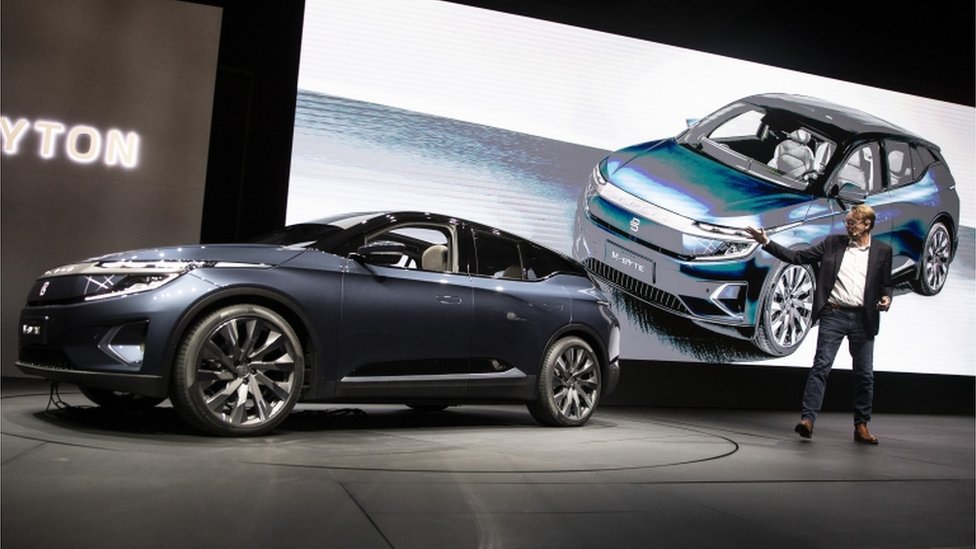
In terms of Chinese exhibitors, we do have significant big ones like HiSense, Haier and Lenovo. But I've heard that the Chinese government is not financially supporting some of the smaller companies, which they used to do. But frankly, our goal was to showcase 1,000 companies, and we're approaching 2,000. I don't think we can handle any more.
One of the other changes expected under the Biden administration is a greener agenda. Now it has a majority in Congress and the Senate too that could be a big boost for the electric car sector.
Definitely there's a green focus, I'm pretty sure the US will get back into the Paris Accord one way or another. Our industry is committed to meeting or exceeding the Paris guidelines. Products including electric cars have already gone a long way. But look at all the technology that's in your home now, and how electricity usage goes down over time with almost every product as it moves into later generations.
Other areas of difference between the Trump and Biden administrations are over highly-skilled immigration and tariffs as a tool. We are looking forward to some significant changes. Our success as Americans is really dependent upon our ability to innovate, to attract highly-skilled people, to invest in research and development, and to have the free market. Attacking some of our own best global companies is probably not the best strategy, and Trump has been relentless at fighting with the tech industry and not being very supportive in many ways.
On the other hand, his administration has supported the key areas of development including AI, self-driving, robotics, and other emerging technologies.
There's also speculation that the Biden administration will be tougher on big tech in regard to regulation. As the leader of one of the big lobbying organisations, what will you be saying to the Biden administration about that?
Well we represent 2,000 American technology companies, including US subsidiaries of foreign companies.
We don't oppose regulation. We want regulation. We want to know what the the guardrails are, so we can produce legal products and follow the law. The big challenge is Congress isn't that good at passing clear laws. They're usually compromises that are ambiguous. And there are political footballs with each new administration. You have ambitious lawyers trying to create names for themselves and bring all sorts of novel lawsuits.
We're concerned about politicians trying to unravel deals approved 10 years ago. It's absurd saying that the large companies should not be allowed to buy small companies. It would dry up investment capital. Entrepreneurs and venture capitalists want an exit. They want either internal growth, a public offering, or an acquisition.
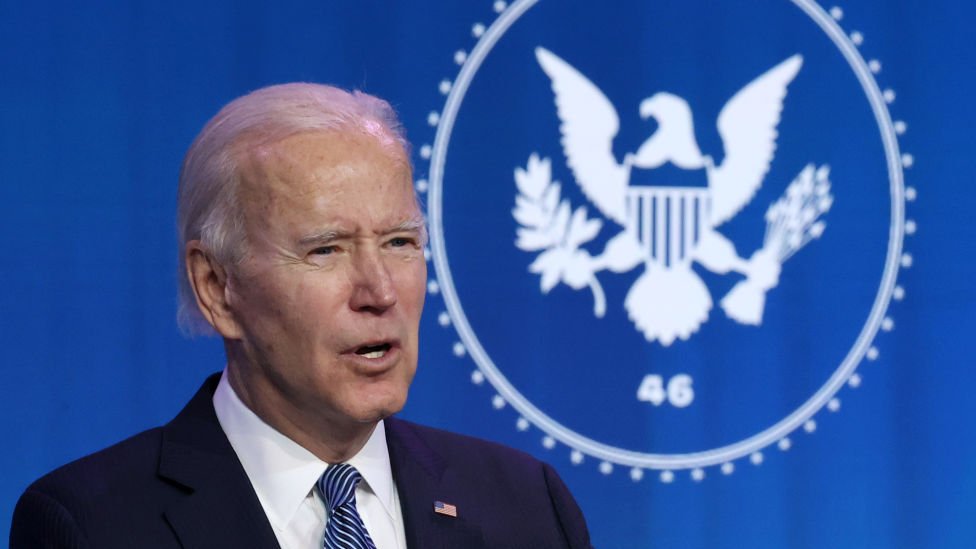
The reason innovation attracts so much litigation is because if you are successful as an innovator, it means you are creating something better, and someone is shifting their business to you. We're seeing that in industries such as broadcast, the motion picture industry, the hotel industry, the taxi industry. They're saying: "You're putting us out of business because you're providing something better to consumers."
And yes, that's the free market capitalist system.
Now, it should be that everyone has to play in a sense by the same rules. But those rules shouldn't be driven to keep out new businesses. Otherwise we'd still be going around our streets with horse-drawn carriages, rather than automobiles or electric scooters.
Finally, to bring this back to CES, do you think the event will be back to normal in 2022? Or do you think big trade shows like yours will never be the same?
I think a lot of things in life will never be the same. But they will be better.
The number one takeaway is everyone's going to be more hygienic. And certainly, events will be more hygienic.
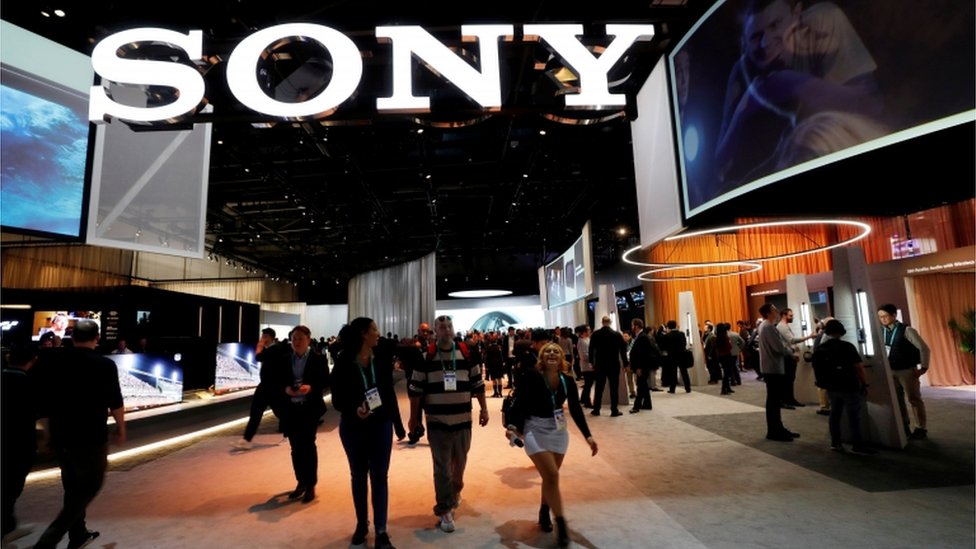
But I think there's a there's a thirst for human contact. It may not be hugs and handshakes right away. And hopefully there'll be other events before ours so we can see the best practices. But we will be different.
We've already spaced out our floor plan for next year, we'll have wider aisles. We're paying attention to a lot of things that we really didn't focus on before. And then of course, I think there'll be a hangover of some type, depending how vaccines play out and how different countries open up.
All I know is every CEO I talk to has this thirst to get together. My hope is that restaurants can open up, that we could have local fairs, and do all the things we used to do.
CES 2021 runs from 11 to 14 January, and the BBC Tech team will be covering the highlights
https://news.google.com/__i/rss/rd/articles/CBMiLmh0dHBzOi8vd3d3LmJiYy5jby51ay9uZXdzL3RlY2hub2xvZ3ktNTU1ODIyMzbSATJodHRwczovL3d3dy5iYmMuY28udWsvbmV3cy9hbXAvdGVjaG5vbG9neS01NTU4MjIzNg?oc=5
2021-01-10 00:17:00Z
52781290883279
Tidak ada komentar:
Posting Komentar